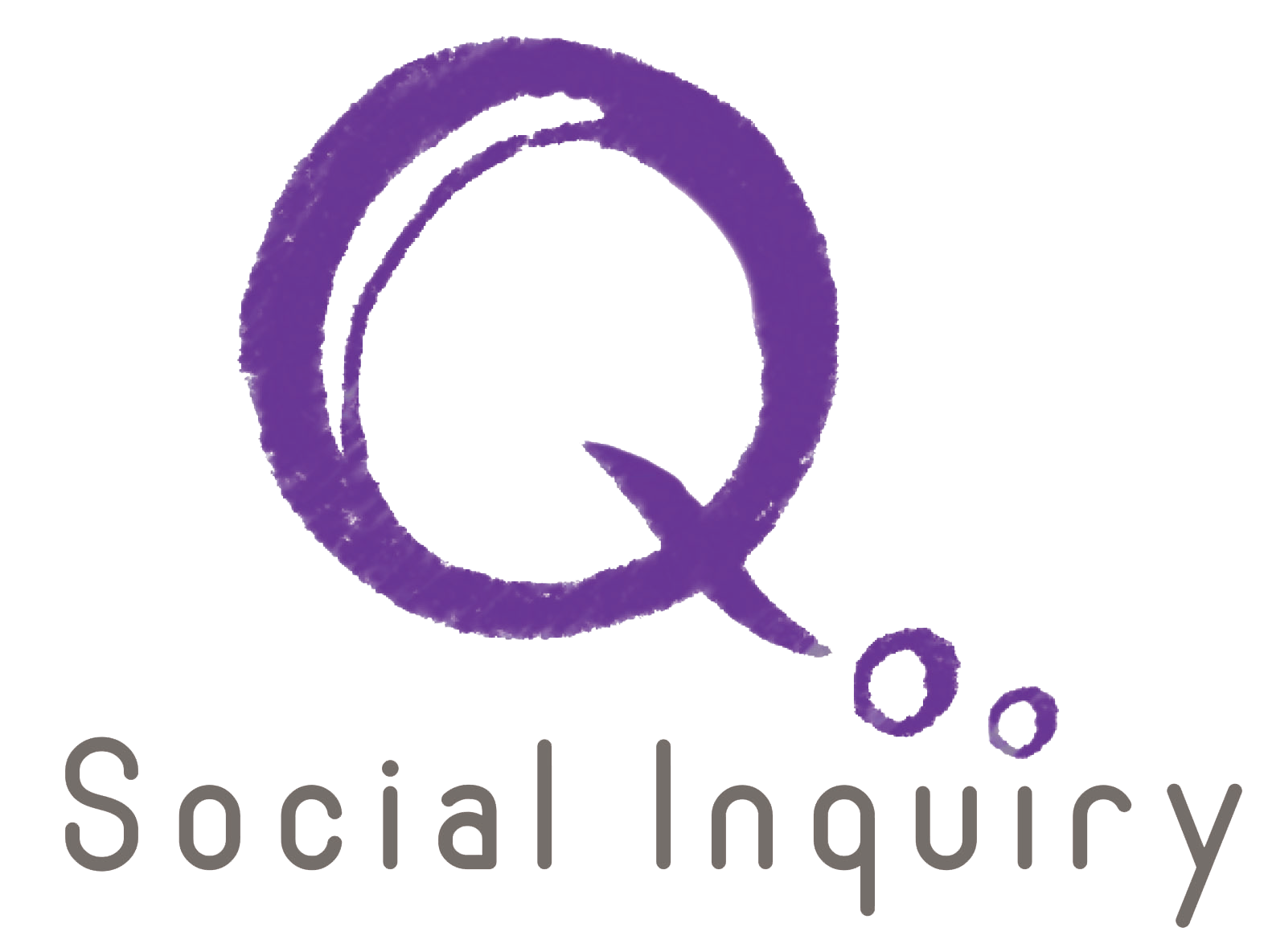THE ORGANIZATION
Social Inquiry formed in 2016. The impetus for starting it came from working as researchers in Iraq amid conflict, mass displacement, and political and economic crises. In witnessing how often the best intended programming and policy, from livelihoods assistance to rule of law reforms, fail to hit the mark because they never effectively take into account the messy, all too human complexity of fragile communities, we seek to fill in this gap: to put the “social” back into social science and the “human” back into the study of human development. To understand what vulnerability means in a given context, what social cohesion can look like, what true and legitimate justice entails, how change is possible. And why.
Social Inquiry carries out its work from two offices: one in ERBIL since 2016 and one in BARCELONA since 2023.
Check who we work with here.
TEAM
WE ARE INQUIRY
Nadia Siddiqui
Co-DIRECTOR
Nadia is a cross-disciplinary researcher and writer interested in the links between cultural practice, social dynamics, and justice. As a co-director at Social Inquiry, she leads research exploring identities and belonging in displacement (and return), measuring social cohesion, and understanding what reconciliation and accountability mean to communities. She has previously worked with Oxfam, the Middle East Research Institute, the Afghanistan Analysts Network, the Applied Theatre Collective, and the International Center for Transitional Justice, among others. Nadia has also helped produce art/design events in New York City that have garnered national and international attention. She holds a B.A. in Psychology from the University of Michigan and an MSc. in Evidence-Based Social Interventions from the University of Oxford.
Roger Guiu Carrió
co-director
Roger is an economist by background but aims to go beyond economics, reconciling development with social cohesion. In Social Inquiry, he leads the application of quantitative analysis to better understand conflict and its aftermath on community dynamics – experimenting with data visualization to better share findings. Prior to starting Social Inquiry, Roger worked for several years in Iraq on research projects with UNHCR, Middle East Research Institute, the International Organization for Migration, and UNDP. Previously, he has six years of experience in environmental and natural resources policy research in Spain and the United Kingdom. He holds a BSc. in Economics from Universitat de Barcelona and an MSc. in Environment and Development from the London School of Economics.
Aaso Ameen Shwan
co-director
Aaso is a researcher located at the intersection of security and politics. In this role at Social Inquiry, Aaso has focused on exploring how political dynamics, reconciliation needs and security configurations combine in the aftermath of conflict – with a particular focus on the disputed territories of Iraq. Prior to co-starting Social Inquiry, he served as news assistant covering the Mosul Offensive for The Washington Post and as a research assistant with the Middle East Research Institute. In addition, as Kirkuk-native he worked with the U.S. Military, including the Army Corps of Engineers. He holds a B.A. in Political Science and International Relations from the School of Global Studies at the University of Gothenburg.
Linda Fawaz
Data ANALYSIS CONSULTANT
Linda is an economist with interests in development, trade and the politics that determine the two. She is interested in using empirical methods to break down policy issues into answerable questions. As a part-time data analyst at Social Inquiry, she helps to investigate patterns of displacement and returns and the socio-economic conditions associated with those decisions. Prior to working with Social Inquiry, Linda worked as a researcher and livelihoods program officer in Iraq. She holds a BA in International Relations and Economics from the University of Southern California and an MA in Applied Economics at Georgetown University.





